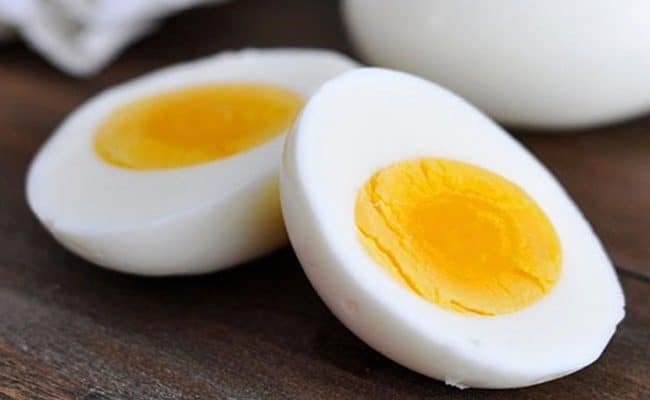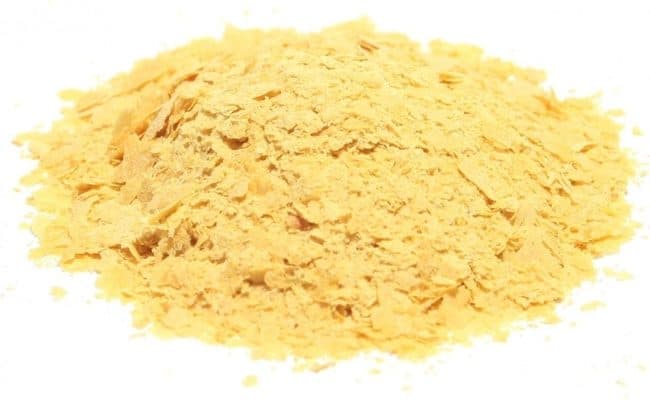
Whether it’s a cold, flu or something more serious like cancer, when you are sick you have no appetite. Not eating for a few days can take a toll on your immune system which needs to be at full capacity to fight off infection. Therefore, the longer someone doesn’t have an appetite, the more the concern.
If you are feeling sick and have no appetite, it could be a symptom of a serious problem. Therefore, you should always check with your doctor if you notice a change in your appetite.
Consuming liquids can be a way to keep you hydrated and still get nutrients in your body when you don’t feel like eating.
Eating comfort foods, like chicken noodle soup, can also be nourishing. In fact, some research suggests eating chicken noodle soup may actually have some scientific backing for helping you recover from sickness.
If you are sick with an upset stomach or other digestive issues, eating bland, easy to digest foods like bananas, toast, white rice and applesauce can help get some nourishment in your body without straining your digestive tract.
If you have a chronic condition that has altered your appetite, working with your healthcare team to determine the best approach for your nutrition is crucial.
Besides liquid calories, consuming smaller, more frequent meals can help encourage food intake. Making every bite count with something that is caloric and nutrient dense is important.
Lastly, make the meal an enjoyable experience by making it look appetizing and providing a variety of textures and colors.
Liquids
Consuming adequate liquids when you are sick, especially if you have a fever or diarrhea, is important when feeling sick.
If your digestive tract is upset, consuming clear, carbonated beverages, water, tea with lemon and honey or carbohydrate electrolyte drinks can help keep you hydrated.
Sipping on broth or stock can also provide some nourishment when you don’t have an appetite.
If you are fighting chronic low appetite like during cancer treatment, Mayo Clinic (1) suggests limiting liquids at meal times to encourage intake of higher calorie food.
Consuming liquids around meal times can help ensure someone doesn’t fill up on low calorie liquids instead of higher calorie foods.
If someone is not able to eat foods due to side effects from medication or treatments, consuming nutrient dense beverages like smoothies or meal replacement drinks should be encouraged.
Chicken noodle soup
When you are feeling sick, a common food that actually does sound appetizing is chicken noodle soup.
University of Pittsburgh Medical Center (2), there may be more to chicken noodle soup helping you feel better than just your mother’s advice.
The warm broth can help ease throat discomfort, help clear nasal congestion and help keep you hydrated.
The carrots, celery and onions in soup can provide a source of antioxidants that can help protect cells from damage.
The chicken can be a good source of protein, and the noodles in the soup can provide energy that is easy to break down.
A 2000 study (3) also found chicken noodle soup was shown to help lower inflammatory markers in the body, and researchers concluded chicken soup contains a number of substances with medicinal activity.
The effect chicken soup had on impacting inflammatory markers varied widely in commercially prepared soups. If you can get homemade chicken noodle soup or the closest thing to it when you’re sick, the more medicinal benefits you will probably have.
Canned chicken noodle soup can be high in sodium and other preservatives.
Brat diet
If you are feeling nauseous, upset stomach, cramps or diarrhea, the last thing you want to do is eat something.
However, following the brat diet can provide your body with nourishment that is easy on the digestive tract. The brat diet consists of mainly carbohydrate foods such as: white toast, white rice, bananas and applesauce.
Consuming these bland foods even when you don’t have an appetite because you are sick can help get something in your system that won’t strain it.
Small, frequent meals
The American Cancer Society (4) suggests if someone shows little interest in food or has a change in appetite from medical treatment, trying to get them to eat smaller, frequent meals instead of large meals can help.
Whenever someone with low appetite is hungry, have them eat something even if it’s not a full meal. If there is concern with long term poor appetite and weight loss, they can usually eat whatever sounds appetizing to them unless the doctor advises otherwise.
Choose high calorie foods
If someone is only eating a small amount of food and getting nourishment in them is a priority, making every bite count is important.
Choosing high calorie foods that are easy to eat like pudding, ice cream, soups can help boost calorie intake.
If someone with low appetite is able to eat meat, pour gravy or other sauces on to bump up calories.
Vary the texture and color
Making food look appetizing is important if you are trying to help someone bump up their food intake.
When you are already sick and you don’t feel like eating, if the food put in front of you appears unappetizing, your not helping boost the food intake.
Create a pleasant environment when eating by making a place setting, playing some soft music and eating with other people to make a pleasant eating experience.
Making the plate colorful and varying in textures if possible can also help stimulate appetite.
Check in with your doctor
If your appetite has recently changed or you notice a change in your food intake, speak with your doctor.
Poor appetite can be a symptom for various underlying conditions or a side effect from different medications.
Working with your healthcare team can help ensure an individualized eating program that is best for you and your health.
They will know what strategies can help boost your appetite to increase strength and overall health.










